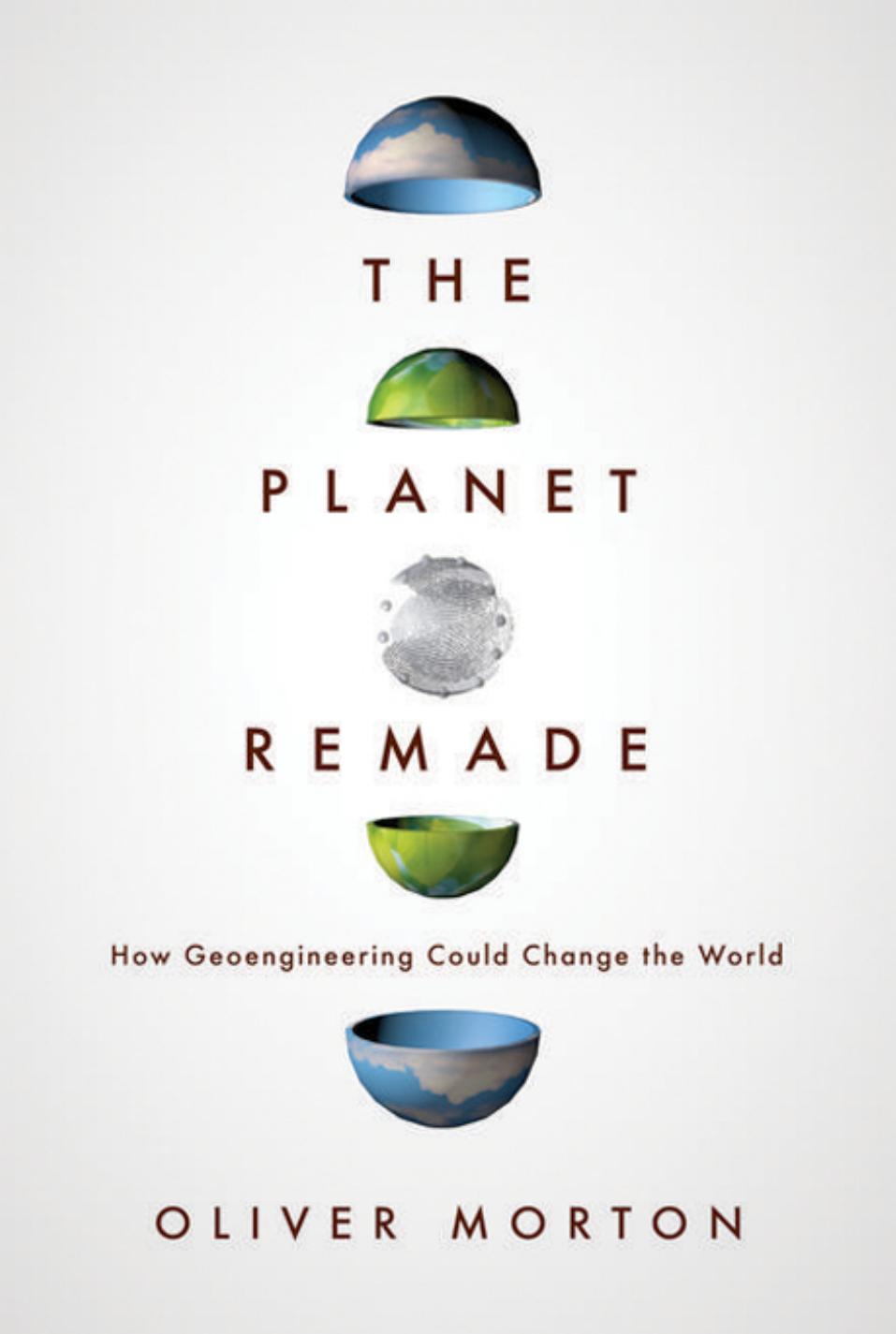The Planet Remade by Morton Oliver;

Author:Morton, Oliver;
Language: eng
Format: epub, pdf
Publisher: Princeton University Press
Published: 2015-07-14T16:00:00+00:00
The Anthropocene
That humans can, in lifetimes, make changes over which the Earth unaided would labour for millions of years is at the heart of the idea of the Anthropocene. Since Paul Crutzen brought the idea to prominence in 2000, the Anthropocene has been taken up as a framing device by a wide range of people interested in global change. Some natural scientists see it as a way of stressing the depth of human involvement in the earthsystem. Some social scientists and historians find it a useful way to break down barriers between the social and natural sciences they consider outmoded. Rather as conversation about Lowell’s Mars had to combine ideas about the planet’s physical condition and its inhabitants’ intentions, so conversations about the earthsystem need to find a new way of talking about the intermingling of the human and the previously-seen-as-inhuman; the Anthropocene, the very name of which makes human action central to the sciences of the current planet, looks like an arena in which that great realignment might take place.
At the same time, many resist the idea. Some see it as agitprop, a dramatic gesture with which some scientists are seeking to exploit the power they enjoy as the namers of names to add weight to their views about the depth and danger of human involvement in the earthsystem. There is some truth to this. Crutzen is a canny man, and acts with an agenda; so do those who have followed him. That said, the fact that a way of looking at the world is expedient to its proponents does not in itself invalidate it.
Some object to the idea as legitimizing the level of human interference in the earthsystem when the aim must be to reverse it. If talking about the Anthropocene shifts environmental debates towards the best strategies for managing human dominance over the earthsystem and away from a steadfast refusal to countenance such an idea, a fundamental back-to-nature strand in environmental thought would seem to be sundered. To the extent that there is any point in talking about the Anthropocene, in this analysis it is in the context of retreating from it and back into some more natural epoch as quickly as possible.
And some see the Anthropocene as a category mistake; shoehorning the enormity of what humans are doing to the planet into the strict and objective confines imposed by the rules of geological nomenclature is, they say, a disservice both to the disciplinary niceties of geology and to the discourse surrounding human influences on nature. The effect of humans on the earthsystem is something bigger, stranger and richer in meaning than the moving of a sea level, the raising of a mountain range or the impact of an asteroid. Again, it’s not a bad point.
The fact that there is much to be said both for the adoption of the Anthropocene and for various arguments against it underlines the degree to which the idea is both important and paradoxical. The paradox, in a nutshell, is this: humans
Download
This site does not store any files on its server. We only index and link to content provided by other sites. Please contact the content providers to delete copyright contents if any and email us, we'll remove relevant links or contents immediately.
How to Do Nothing by Jenny Odell(2643)
A Forest Journey by John Perlin(2585)
The Plant Messiah by Carlos Magdalena(2453)
Babylon's Ark by Lawrence Anthony(2068)
Energy Myths and Realities by Vaclav Smil(2059)
The ESV Study Bible by Crossway Bibles(1900)
Abbey in America by Murray John A(1800)
Fatal Storm by Rob Mundle(1784)
Witness Tree by Lynda V. Mapes(1693)
Shadows on the Gulf by Rowan Jacobsen(1515)
Client Earth by James Thornton(1500)
Brokeback Mountain by Annie Proulx(1468)
Coming Back to Life by Joanna Macy(1464)
Water Rights and the Environment in the United States by John Burch(1414)
Cosmos by Carl Sagan(1397)
Ten Billion by Stephen Emmott(1382)
Mycelium Running: How Mushrooms Can Help Save the World by Paul Stamets(1284)
The overachievers by Robbins Alexandra(1283)
The Uninhabitable Earth by David Wallace-Wells;(1190)
